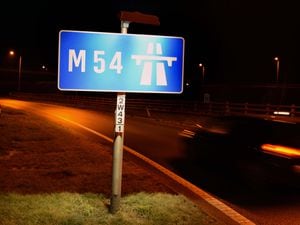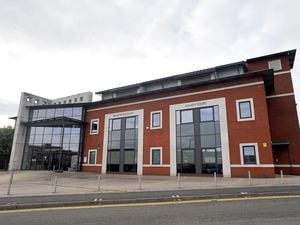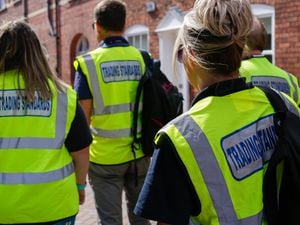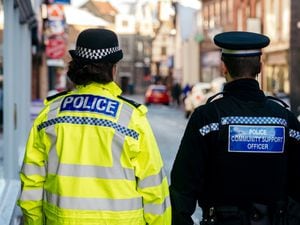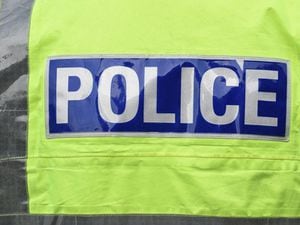Flashback – November 1963
1963
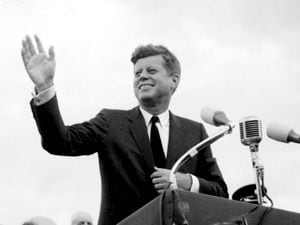
In Britain it was early on a Friday evening when the shots rang out in Dallas. They reverberated around the world.
And, according to the cliche, everybody can remember exactly where they were when the news came through of the assassination of the American president, Jack Kennedy, on November 22, 1963.
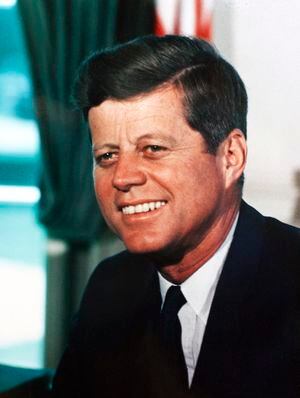
Members of Much Wenlock British Legion branch were about to sit down to their annual dinner. They stood in silent tribute when they heard.
The audience at the Majestic Cinema in Bridgnorth learned of the tragedy when the manager flashed a brief message on screen.
Wrekin Conservative Association was holding its annual ball at Heath's Town House in Wellington. Immediately Wrekin MP Bill Yates and his wife, together with the association president Harry Hodgson, and Wellington Urban Council chairman Councillor Alan Hartland, withdrew from the event as a mark of respect.
The Mayor of Shrewsbury, Councillor T C Bowdler, was about to respond to a toast at Severnside Bowling Club's annual dinner when he was told what had happened by club president Jim Fullwood. Immediately they all stood in silent tribute to a man the mayor called "a great friend and ally."
Later Councillor Bowdler sent a telegram to the American ambassador in London.
As President Kennedy had made history by becoming the first Roman Catholic president of the United States, Councillor Bowdler had made local history when he was elected Shrewsbury's first Roman Catholic Mayor.
The telegram asked the ambassador to convey "the heartfelt sympathy of the people of Shrewsbury, England" to the president's widow, to the new president, and to the people of America.
Flags flew at half mast and there were larger congregations than normal for the Sunday services. Before Shrewsbury Town's home game on the Saturday prayers were said and a silence was observed.
A requiem mass was held at Shrewsbury's RC cathedral in honour of the late president on the Wednesday night of the following week, which ended with the Last Post and Reveille, the American national anthem, and the British national anthem.
In its leader column the Shrewsbury Chronicle wrote of Kennedy: "He had become a symbol to many millions of ordinary men and women of a new hope. Of the possibility of a brave new world."
Although those terrible events are nearly 60 years ago now, the outline of what happened remains familiar. The 46-year-old president was riding through Dallas in his open-topped car with his wife Jackie sitting beside him. Then shots rang out from the Texas School Book Depository which overlooked the route. Kennedy was mortally wounded, and Texas Governor John Connally was seriously injured.
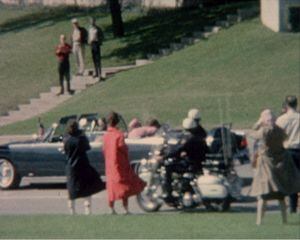
Police arrested Lee Harvey Oswald, a 24-year-old former Marine and a suspected Communist sympathiser. Oswald, who had shot dead a police officer who confronted him, denied any involvement in the killing of the president.
And then in a dramatic twist, as the suspect was being moved from a police station, a local night club owner called Jack Ruby emerged from the crowd of watching press and shot Oswald at point blank range live on television. He died soon after.
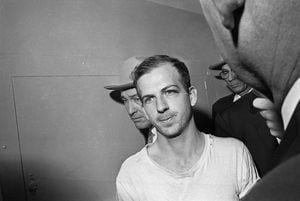
The assassination was a particularly heavy blow for Sir David Ormsby-Gore, the former Oswestry MP who was at the time the British ambassador to the United States – he would later become Lord Harlech – who described it as "a loss beyond description."
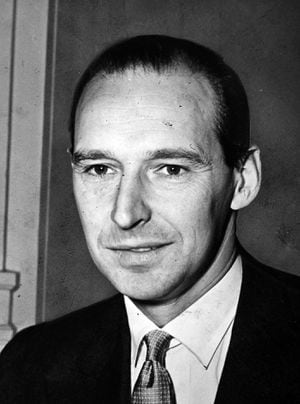
Sir David's long friendship with Jack Kennedy went back to the days immediately before the war when his father Joseph Kennedy was ambassador at the Court of St James.
"Jack Kennedy's late sister, Kathleen, was my wife's best friend. The rest of us were just young people going out and about together. She married my first cousin, Lord Hartington, killed in the war," said Sir David at the time of those terrible events.
"I saw more of the Kennedys after the war when Jack and Bobby came to visit Kathleen, who was then living in London. What one couldn't help remarking in Jack was his burning determination to absorb knowledge. His curiosity was insatiable and, like all the Kennedys, he had this unending driving energy."
Wrekin MP Bill Yates, whose son Tom was an American citizen, had met Kennedy when he was a senator. He sent a telegram to the new president, Lyndon Johnson, at the White House, expressing on behalf of the people of The Wrekin their sense of regret and sorrow, and conveying their sympathy to Mrs Kennedy, her children and family.
"This horrible, wicked, and senseless act has deprived not only the American people but the world of a great and wonderful man," it read.
Dealey Plaza, the scene of the shooting in Dallas, is now designated a National Historic Landmark.

